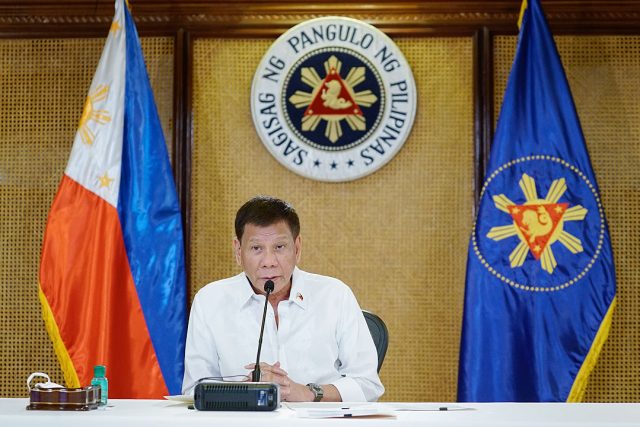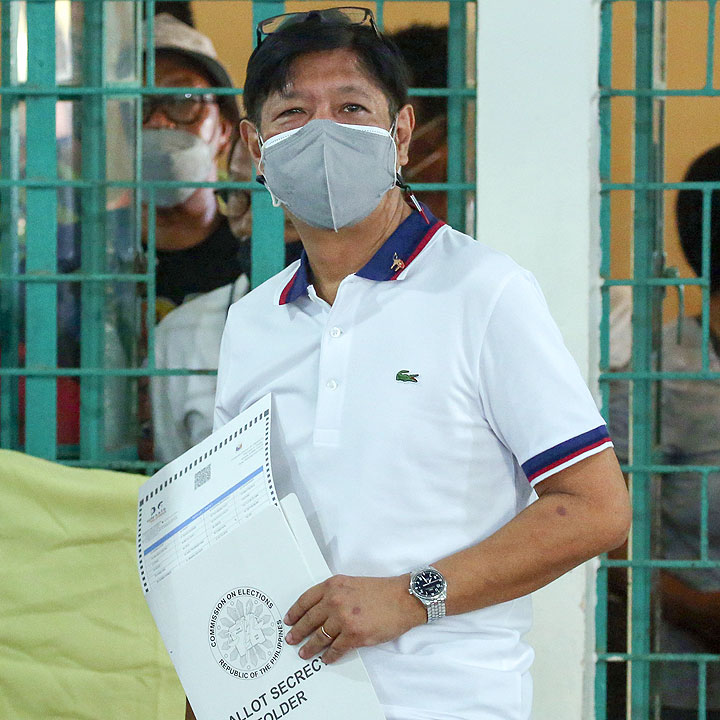AS ELON MUSK tries to add the social media giant Twitter to his expanding empire, he’s seeming a bit busy. When he’s not starting and buying complex companies, he’s sounding off about free speech, cryptocurrency, artificial intelligence, and, well, just about everything.
The electric-car magnate is developing an eerie resemblance to another automotive visionary: Henry Ford. That’s not meant as a compliment. If Musk keeps courting celebrity and pursuing side ventures, the risk is that Tesla, the company that made him a household name, will fall from its premier position just as Ford Motor Company did in the 1920s.
Henry Ford famously parlayed visionary ideas about assembly-line manufacturing into unimaginable wealth and global fame. His headline-grabbing initiatives — paying his workers the princely sum of $5 a day, for example — made him an American folk hero, someone whose quest for market share and profit nonetheless held out the promise of a better life for all.
This adulation drove a transformation in Ford’s personality. Like Musk, Ford was originally a shy, awkward man. But as his business ventures made him a celebrity in the years after 1910, he underwent a metamorphosis that foreshadowed Musk’s own transformation from tongue-tied savant to global guru.
Samuel Marquis, a friend of Ford’s, once recounted how the automaker “suddenly faced about, hired a publicity agent [and] jumped into the front page of every newspaper in the country.” Ford’s new philosophy, Marquis noted, boiled down to a belief that “it is a good thing to keep people talking about him, no matter what they say.”
There was plenty to say. In the 1920s, Ford’s ambitions attracted jaw-dropping awe. In a typical side project launched in 1921, Ford proposed to lease the government-owned Wilson Dam on the Tennessee River. A longstanding proponent of hydroelectric power, Ford hoped to turn a large swath of dirt-poor Alabama known as Muscle Shoals into a hydro-powered industrial metropolis the size of Detroit.
He proposed to underwrite the business with a new kind of techno-currency: the “energy dollar,” which would be backed by electricity generated by the river. By the time the plan fell apart, Ford was contemplating another modest project: a run for the US presidency.
His wife nixed that idea. But the “Sage of Dearborn,” as Ford became known, started plenty of other ventures. He moved into the manufacture of airplanes and launched the nation’s first commercial airline in 1925. He started educational initiatives, including the Henry Ford Trade School.
He also started a sprawling historical museum in his hometown of Dearborn, Michigan. By the time it finally opened in the Great Depression, Ford had sunk today’s equivalent of a billion dollars into what was little more than a warehouse bulging with things that reminded Ford of his childhood.
Other ventures weren’t so wholesome. He purchased a failing newspaper known as the Dearborn Independent, pumping money into it and turning it into a large-circulation national paper distributed through his dealerships. It featured columns that ghostwriters churned out under Ford’s name.
It also published a horrific series of anti-Semitic screeds later published as The International Jew. The addled conspiracy theories that appeared there attracted the admiration of Adolf Hitler.
Lost in all the celebrity and controversy was Ford’s iconic company. As he became increasingly distracted — and ever more convinced of his own infallibility — Ford drove away many of his most capable lieutenants and engineers, replacing them with sycophants. He even sidelined his own son, Edsel, who correctly anticipated many of the challenges facing the company.
Ford had become someone who “would rather be a maker of public opinion than the manufacturer of a million vehicles a year,” Marquis observed.
Ford’s dethroning began with the arrival of Alfred P. Sloan, an engineer trained at the Massachusetts Institute of Technology who by 1923 had gradually assumed control of a motley assortment of car companies known as General Motors.
Sloan was ruthless and calculating, using financial statistics to cut costs and foster efficiency. The language he used to describe everything, one management theorist later observed, was as “cold as the steel he caused to be bent to form cars: economizing, utility, facts, objectivity, systems, rationality, maximizing — that is the stuff of his vocabulary.” He looked the part, too.
Sloan had no interest in being a public figure. He simply wished to usurp Ford. He began by bringing order to his own corporate empire, segmenting the market into different brands. Instead of Ford’s singular Model T, General Motors had a “car for every purse and purpose,” as one advertisement put it. Sloan gave the executives in charge of different divisions — Chevrolet, Buick, Cadillac, and so forth — enough latitude to run their own ships, but otherwise centralized management.
The differences multiplied from there. In the 1920s, Ford pursued a strategy of vertical integration, buying mines and forests to give him a steady supply of raw materials. (Musk has embarked on similar ventures.) Sloan, by contrast, opted for a more flexible reliance on suppliers that freed up capital to pursue the investments behind the strategy of market segmentation and planned obsolescence.
While Ford spent a fortune building Fordlandia, a bizarre utopian city in the Brazilian rainforest designed to oversee rubber production in an area bigger than Connecticut, Sloan focused on building affordable and stylish cars. And while Ford kept expecting buyers to pay cash, Sloan pioneered consumer financing.
In 1929, General Motors became the world’s biggest car manufacturer. Though Henry Ford tried to stage a comeback with the Model A, it was too late: General Motors widened its lead during the Great Depression. Only when Ford’s grandson took over at the end of World War II and hired top managers did the company’s fortunes turn around.
In the case of Tesla, history is breathing down Musk’s neck. The automaker best positioned to overtake Tesla as the premier manufacturer of electric vehicles could be the Ford Motor Company, which is gearing up to beat Musk at his own game.
Today’s Ford executives don’t have tens of millions of Twitter followers. They’re not household names. They don’t have grand plans to transform the world or launch new ventures.
In other words, they’re not at all like Henry Ford. And that spells trouble for Ford’s modern-day incarnation, Elon Musk.
BLOOMBERG OPINION














